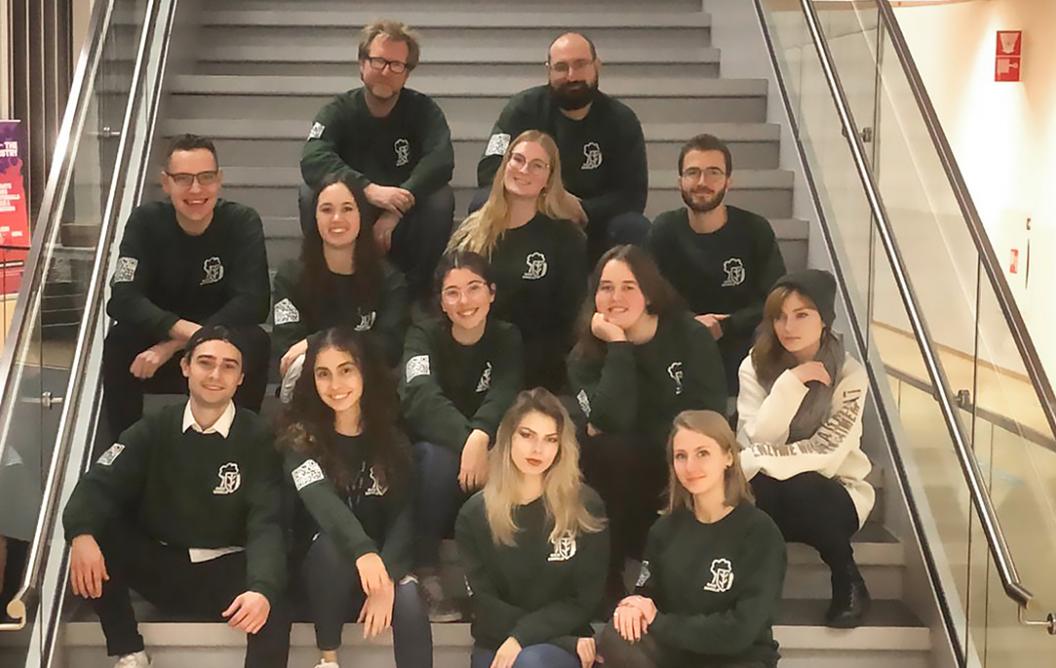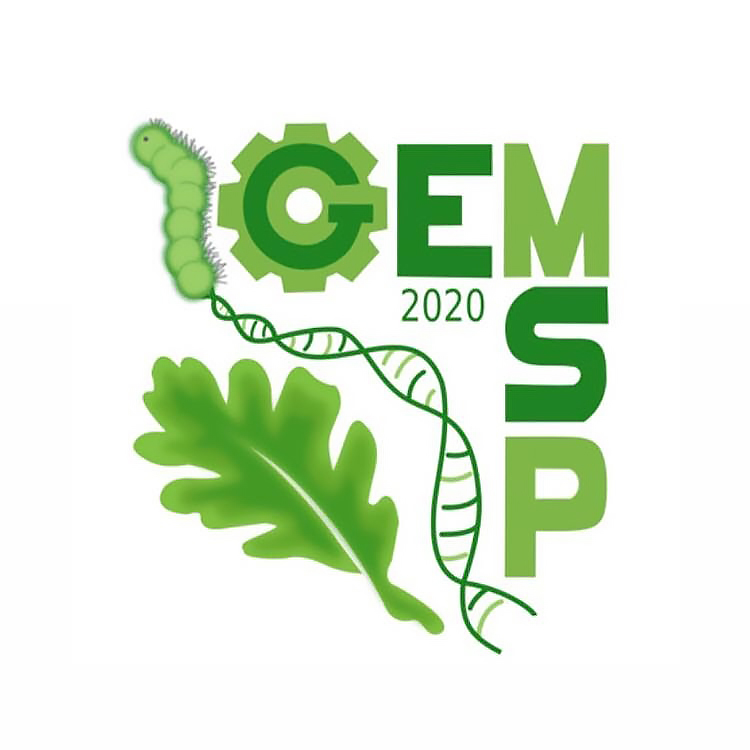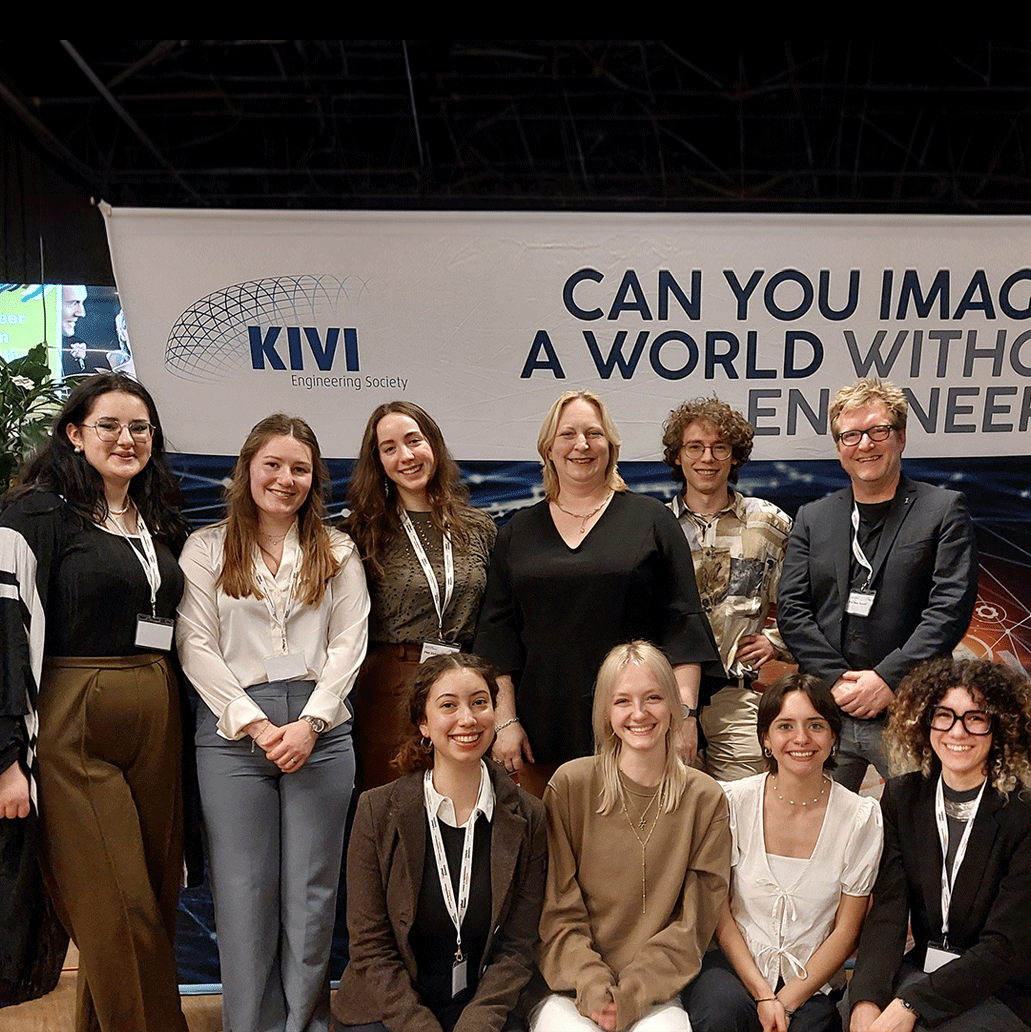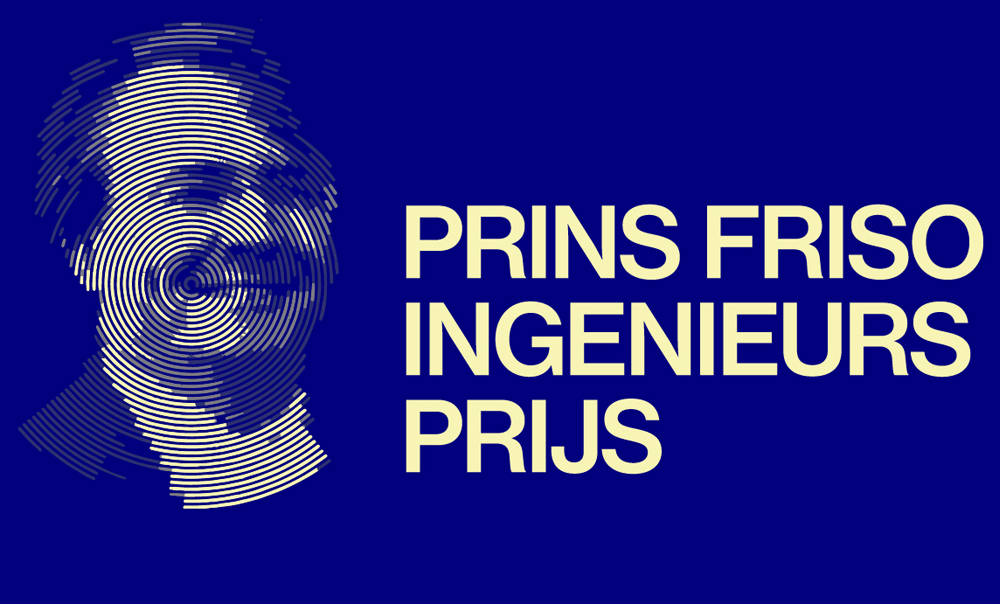Student team win silver in iGEM competition
A team of 13 UM students has won a silver medal in the prestigious iGEM 2020 competition in synthetic biology. The team, led by Dr Erik Steen Redeker, consists of 11 students from the Maastricht Science Programme, one from Biomedical Sciences and one from Systems Biology. It is the second time that UM participated in iGEM.
In the iGEM (International Genetically Engineered Machine) competition, student teams from all over the world search for practical solutions to problems in society with the help of synthetic biology. This year, 249 teams from 36 different countries took part in the competition, which originated from MIT in Boston.
For this edition the UM iGEM team focused on combating the oak processionary caterpillar. Due to global warming, this caterpillar is spreading more and more across northern Europe. The caterpillar is covered with stinging hairs, up to hundreds of thousands of hairs per caterpillar, which can cause not only itching, but also serious respiratory problems. In addition, the caterpillars can eat entire oak trees bare to the bark. The pesticides used so far are either very labor-intensive, expensive or not specific enough, which also kills other insects.

The poisonous bristles of oak processionary caterpillar cause a lot of discomfort to both humans and animals; severe itching is the most well-known consequence. The oak processionary is mainly spotted in oaks along streets in cities, towns and villages. The oak processionary is also observed in forest areas, but here there seems to be a biological balance with its natural enemies.
Photo by: Kleuske
For about 9 months, the UM iGEM team has been working on a solution to specifically combat the oak processionary caterpillar. The idea, called "OakShield" uses so-called "silencing RNA", or siRNA, with which essential genes in the caterpillar can be turned off. This siRNA is produced in E. coli that can be sprayed on the leaves. When the caterpillars eat the leaves, they ingest the siRNA and cannot survive. The siRNA has no influence on genes of other organisms, so that they are not affected.
This idea already won an international prize from Revive & Restore, an organization that promotes the use of biotechnology for nature conservation and biodiversity.

Meet the iGEM2020 team
Due to Covid-19 it was not possible to work optimally in the laboratory, but despite that the team has achieved a number of important things! Not only were the genetic constructs designed and made, but they also developed models, started a peer-reviewed iGEM journal and created a YouTube channel "Geneducation" with various educational videos.
In addition, they have had various contacts and collaborations with teams from all over the globe. The students presented their project through presentations and a poster and defended it before a jury at the online conference in November. All this has led to the winning of a silver medal!
|
If you have any questions about this project, iGEM in general or are you interested in becoming part of an iGEM team, please send an email to: erik.steenredeker@maastrichtuniversity.nl |
Also read
-
Kim Ragaert and SublimeStone students won the public's awards given out during the Engineer of the Year contest. This triumph as well as the nomination of both, by the Royal Netherlands Society of Engineers, demonstrates that Maastricht University, particularly its only five-year-old Faculty of...
-
The Royal Netherlands Society of Engineers has nominated engineer Kim Ragaert and student team SublimeStone for the award of best Dutch engineer and best Dutch student team in 2024. Both are among the last three finalists in their respective categories. Do you want the best engineers to win? Now is...
-
Computers are already capable of making independent decisions in familiar situations. But can they also apply knowledge to new facts? Mark Winands, the new professor of Machine Reasoning at the Department of Advanced Computing Sciences, develops computer programs that behave as rational agents.



